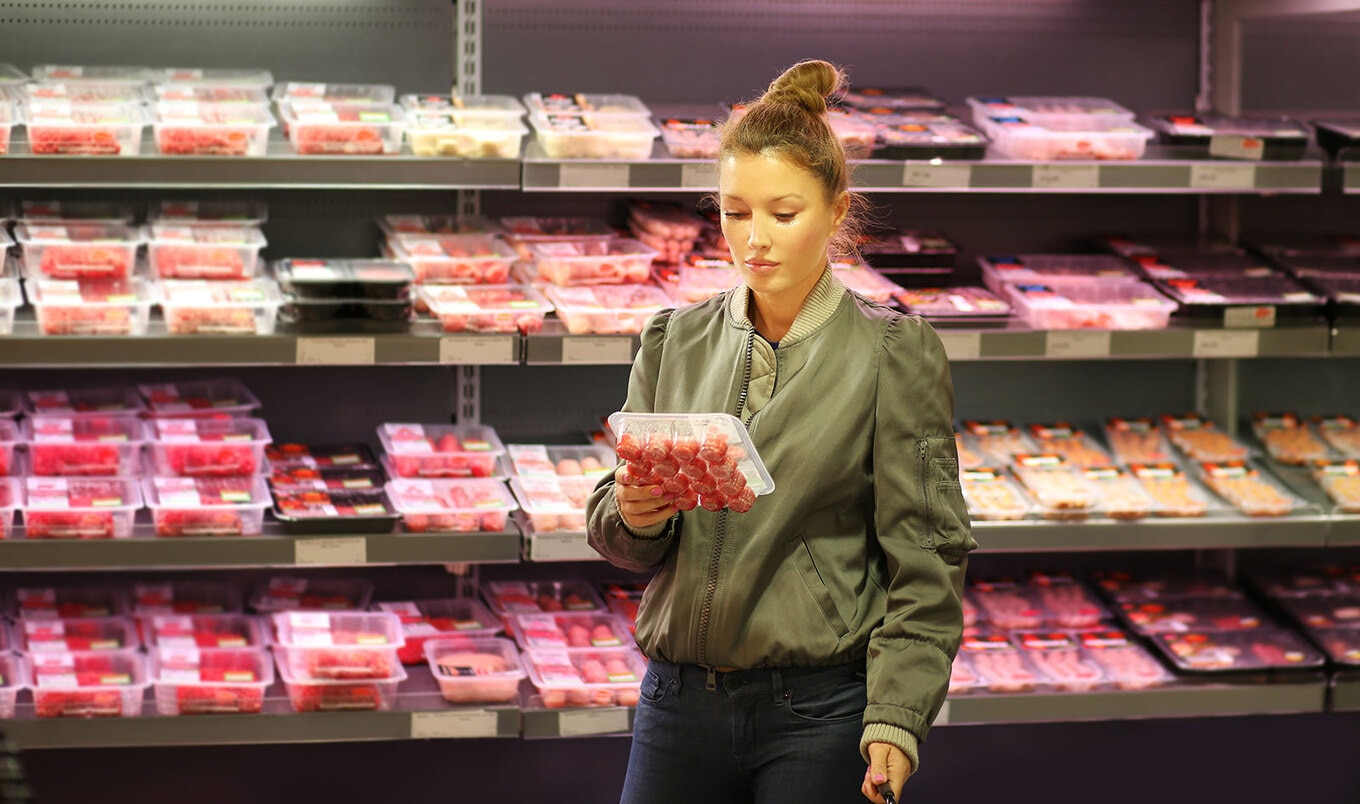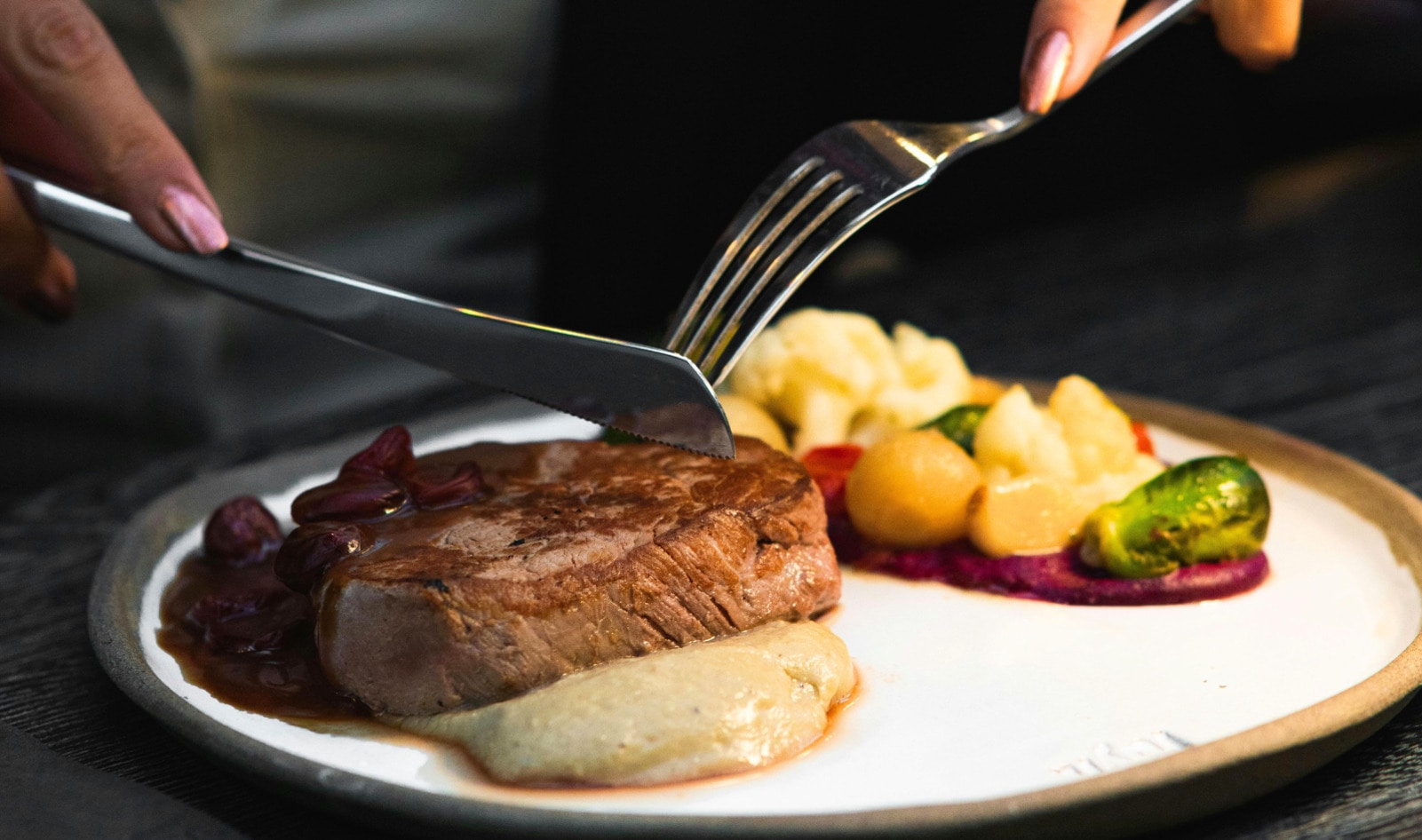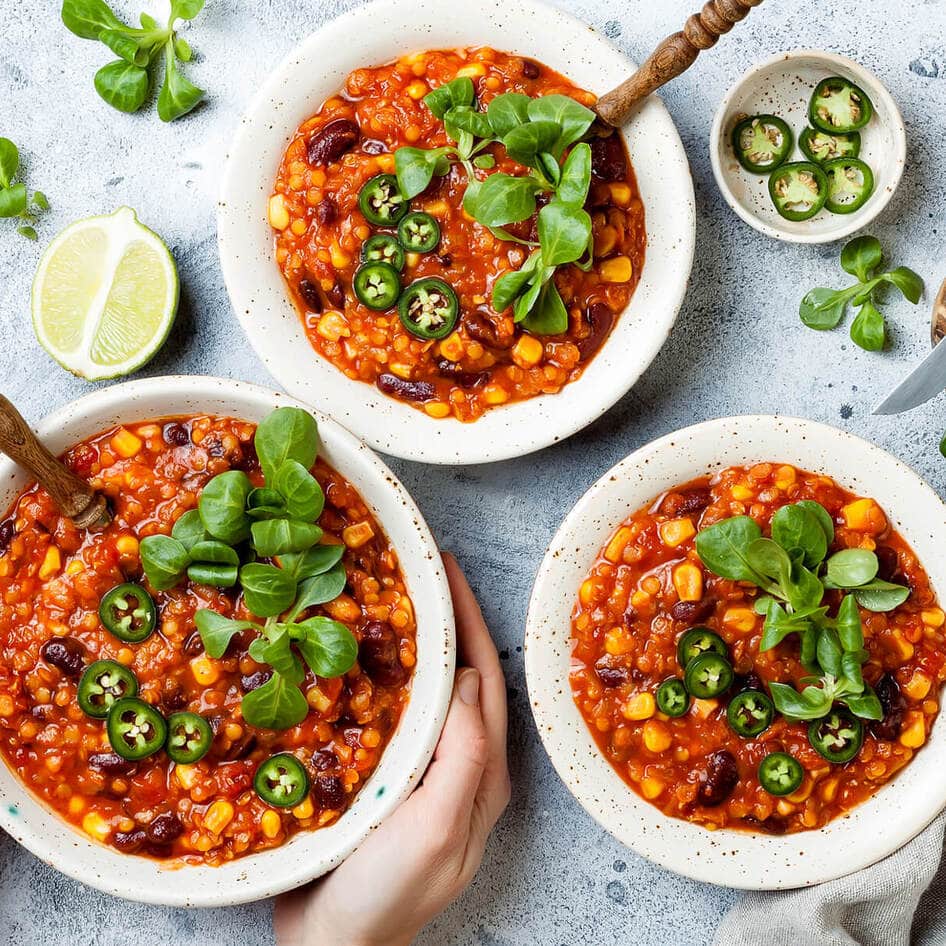A report from the Freedom Food Alliance and the Rooted Research Collective warns that social media is awash with fake nutrition experts, and the consequences could be severe. At best, this trend is frustrating. At worst, it’s dangerous.
Titled “Nutrition Misinformation in the Digital Age,” the report estimates that the health of up to 24 million people globally may be at risk due to influencers who claim to be health experts, yet regularly share misleading or outright false nutrition advice.
The analysis highlights common themes among influencers in movements like carnivore and keto. Chief among them? A promotion of extreme eating habits.
 Pexels
Pexels
Think of the recent rise of raw meat influencers, for example, who often encourage people to consume undercooked or raw meat, despite the serious risks.
Eating raw meat significantly increases the likelihood of foodborne illness from pathogens such as salmonella and E. coli, which are destroyed through cooking. Even when cooked, extreme carnivore diets can lead to nutrient deficiencies.
“In a strict carnivore diet whereby no plant foods are allowed, the body is stripped of any opportunity to have phytonutrients that protect us from cancer and many chronic diseases,” Angel Luk, RD of Food Mysteries, previously told VegNews. “These phytonutrients are exclusively found in plants.”
Luk added that low-fiber diets—common in carnivore and raw carnivore circles—raise the risk of high cholesterol, high blood pressure, inflammation, and chronic diseases like cancer and heart disease.
“My worry is that the animal-based foods that these accounts promote can lead to chronic diseases, which means that if their followers are listening to these accounts, it could be a couple of years before they start having symptoms,” said Faraz Harsini, DipACLM, in a statement about the report. “These accounts are causing irreversible damage.”
Another troubling trend? The push to consume raw milk, which can also harbor harmful bacteria such as listeria, E. coli, and salmonella. While foodborne illnesses are usually mild, for some, they can be severe. Every year, around 26,500 people are hospitalized due to salmonella poisoning, for example. Listeriosis, which is caused by listeria, can even lead to stillbirths and miscarriages in pregnant people.
 Adobe
Adobe
The rise of ‘superspreader’ influencers
The report also categorizes the most prolific misinformation spreaders—dubbed “superspreader influencers”—into three main types to make them easier to recognize. There’s the “doc,” for example, who may exaggerate or invent qualifications. There’s also the anti-establishment “rebel” pedaling conspiracies, and the “hustler” who wants to make money from products and diet programs.
Despite their reach, nearly 90 percent of these influencers are not medical doctors, and 96 percent profit directly from their misleading content. This is particularly concerning given that research also suggests that nearly 90 percent of Gen Z and Millennials turn to apps like TikTok for health advice.
BECOME A VEGNEWS VIP: Get exclusive product deals, freebies, and perks galore!
“Nutrition is complex, but it doesn’t have to be confusing. Superspreaders exploit that confusion by offering dangerously simple answers dressed up as hacks, often driven by profit, not science,” Alice Millbank, co-founder and Chief Scientific Officer at Rooted Research, said in a statement. “We make the case for meeting misinformation on its own turf with clear, evidence-based communication so we can begin to rebuild trust in the healthcare system.”
You can read more on the report here.
For more plant-based stories like this, read:
JUMP TO ... Latest News | Recipes | Guides | Health | Subscribe









